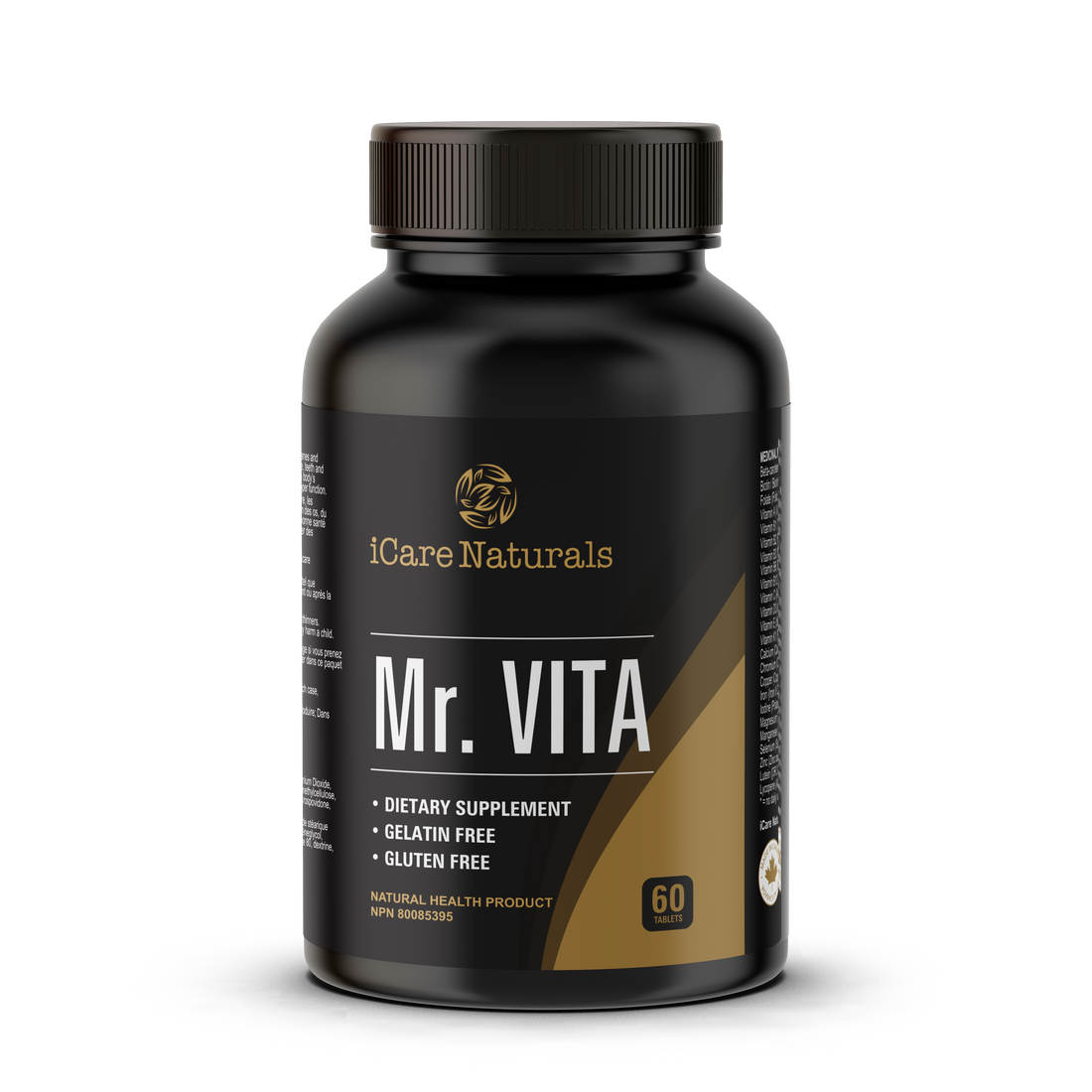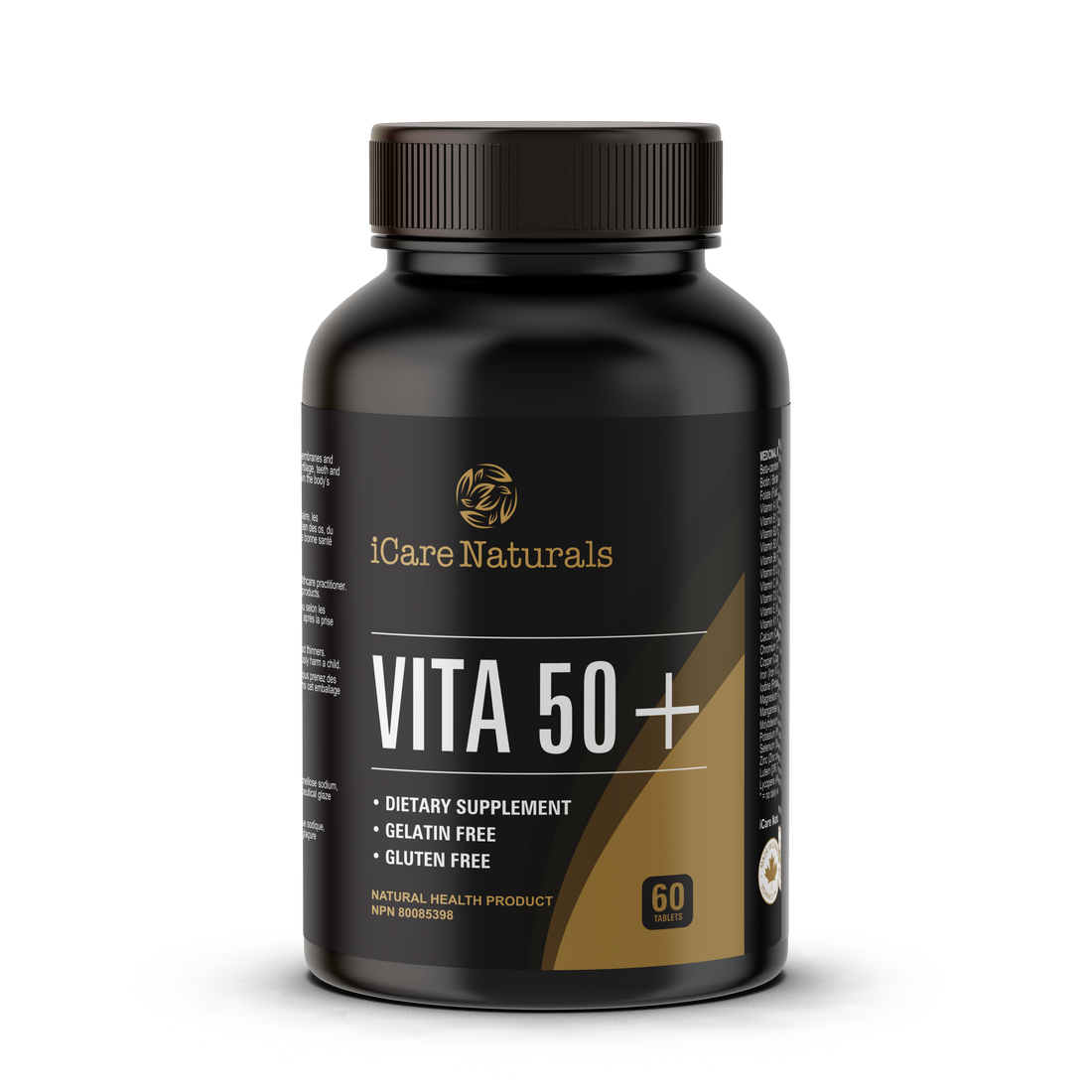Restless leg syndrome (RLS) is a condition that causes uncomfortable and sometimes painful sensations in your legs. It can be a side effect of another medical problem or just happen on its own. The good news is that there are ways to treat RLS, and some of them involve taking vitamins and minerals. That said, if you have restless leg syndrome, it's important to talk to your doctor before starting any new supplement regimen—especially one that includes minerals or other supplements not typically recommended for pregnant women or children under the age of 18.
How vitamins and minerals can help relieve the problem?
- If you have restless leg syndrome, you know how irritating it can be. But vitamins and minerals can help relieve the problem.
- Vitamins and minerals are essential for your body to function properly. They support organ systems, keep your metabolism running, develop cells and build bone tissue. They also help regulate blood sugar levels, which is important because high blood sugar levels can cause restlessness at night.
- Some best vitamins for rls (especially B6) have been shown to reduce symptoms of restless leg syndrome when taken regularly in doses above the recommended daily requirement (RDA). The mineral magnesium may also help people with RLS by regulating nerve function throughout their bodies and helping them relax more easily at bedtime
It's a good idea to talk to your doctor
Supplements can interact with other medications, so it's important that you tell your healthcare provider about any supplements you're taking. Supplements may be helpful in managing the symptoms of RLS, but they are not a cure. Some vitamins have side effects that require medical attention if they become bothersome or severe.
Some vitamins can also interact with other medications, so it’s important that you tell your doctor about any supplements you’re taking. Supplements are not a cure for RLS, but they may be helpful in managing symptoms.
Some vitamins have side effects that require medical attention if they become bothersome or severe. Some vitamins can also interact with other medications, so it’s important that you tell your doctor about any supplements you’re taking. Supplements are not a cure for RLS, but they may be helpful in managing symptoms.
Best vitamins for restless leg syndrome
Vitamin D

Vitamin D is a fat-soluble vitamin that helps your body absorb calcium and phosphorus, two minerals that play key roles in bone health. When you don't get enough vitamin D, your body may not be able to properly use the calcium it needs to build strong bones and prevent osteoporosis.
Vitamin D also plays an important role in cell growth and immune system function. It's found in some foods like fish, eggs, fortified milk products, and cereals. It's also produced when your skin reacts to sunlight; however, excessive exposure can lead to skin damage or even cancer so check with your doctor before taking supplements if you have skin conditions such as psoriasis or lupus erythematosus (SLE).
Magnesium

Magnesium is an essential mineral that plays a role in more than 300 enzymatic reactions in the body. It also helps regulate your blood pressure, heart rate, and muscle function. Magnesium can naturally relieve muscle cramps and spasms, making it a natural remedy for restless leg syndrome. Magnesium can be taken as a supplement or found naturally in certain foods such as leafy green vegetables, nuts, and seeds.
Iron

If you have iron deficiency, it's possible that your restless leg syndrome could be a result of this. In fact, some studies have shown that iron supplements can help reduce the symptoms of restless leg syndrome. The recommended dose for people with restless legs is 20 milligrams per day and should be taken with vitamin D and magnesium to avoid constipation and other side effects associated with high doses of iron.
Have a conversation with your doctor about taking these vitamins for restless leg syndrome.
In the meantime, if you're considering taking these vitamins for restless leg syndrome, ask your doctor about it. Your doctor will be able to tell you whether or not these vitamins are safe for you to take and what dosage would be best. They may also have more information about the side effects associated with this treatment option so that you can make an informed decision about whether or not it's right for you.
RLS is best treated by your doctor, but if you need extra support, try these vitamins and minerals.
If you have RLS, try these vitamins and minerals:
- Vitamin B12 – Take 400 micrograms three times per day as long as needed.
- Magnesium – Take 500 milligrams twice daily with food for up to six months, then reduce to a maintenance dose of 200 mg twice daily after that (for those who are not taking an anticonvulsant).
- Calcium – Take 1000 milligrams daily in two doses (500 mg at lunch and 500 mg at dinner) for two weeks, followed by one dose (1000 mg) per day thereafter if necessary.
If you take certain medications for RLS, including antihistamines such as doxylamine succinate or diphenhydramine hydrochloride (Benadryl), these supplements can interact with your medicine: avoid taking them together unless directed by your doctor. Additionally, excess amounts of vitamin D may cause kidney damage; talk with your doctor about whether your current dosage is safe for you before starting supplementation on this vitamin alone—or any other supplements—and adjust accordingly if necessary.
If you are taking a calcium supplement, make sure that it contains vitamin D as well. Doing so will help your body absorb more of the calcium than if it were taken alone. If you take an anticonvulsant for RLS and/or PLMD, talk with your doctor about whether these supplements can interact with your medication—and if so, avoid taking them together unless directed by your doctor.
In conclusion, restless leg syndrome is a condition that can be difficult to treat and manage. While medications may help some people, they may have side effects that make them undesirable for others. Vitamins have been shown to be effective in treating RLS symptoms because they regulate neurotransmitters in our brains and bodies that affect sleep patterns.










